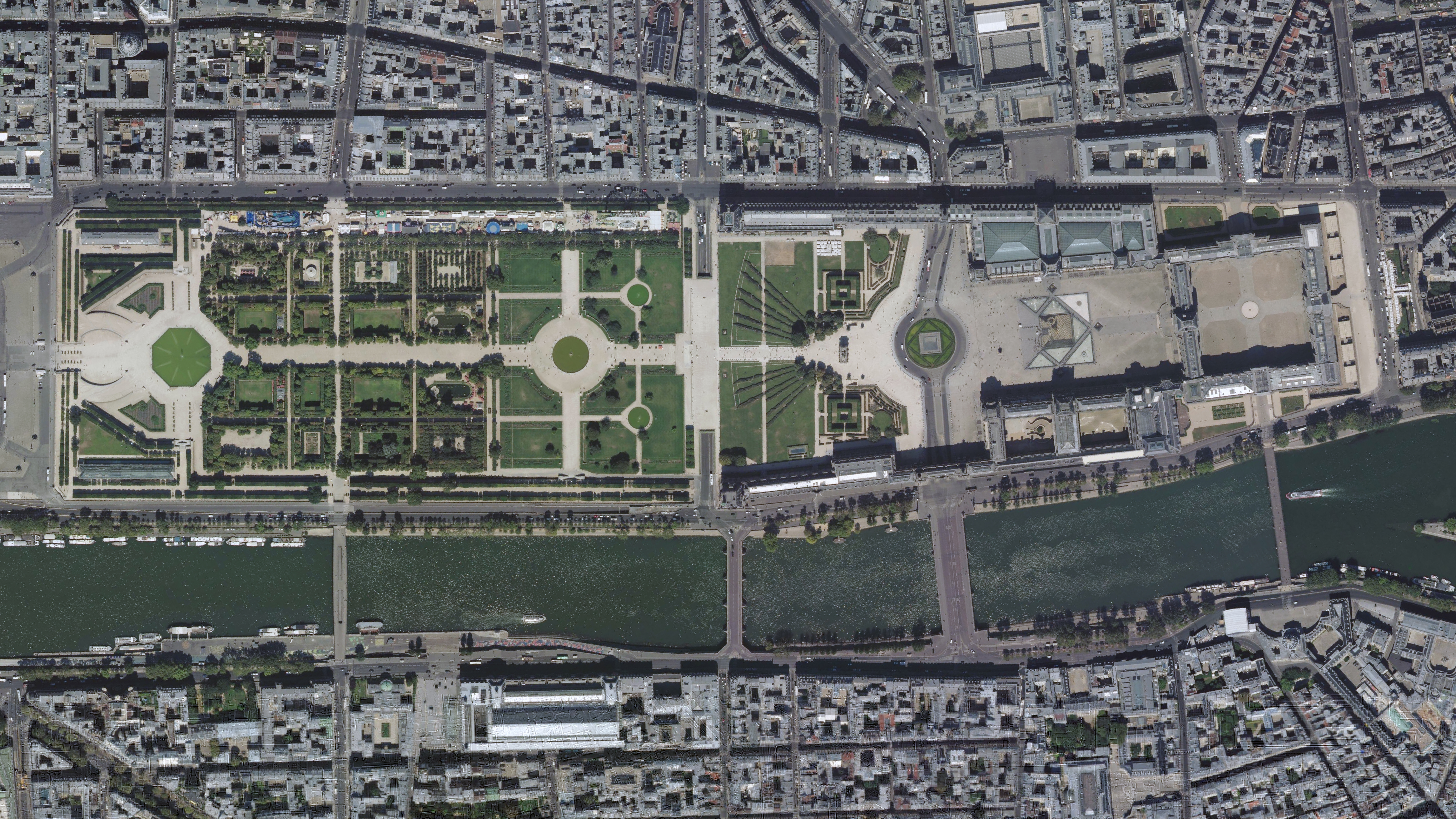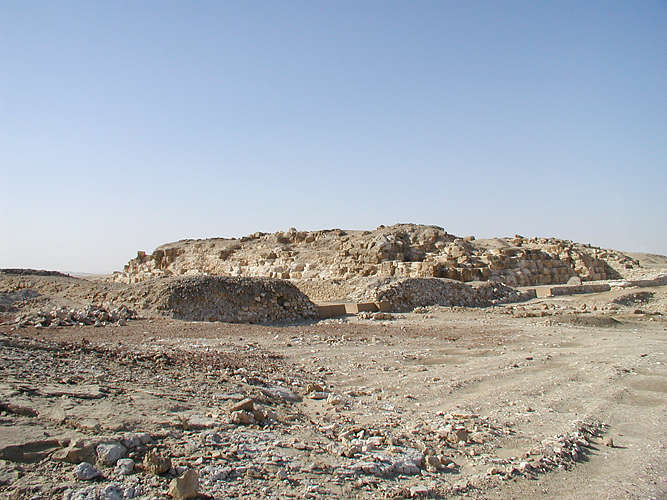|
Michel Baud
Michel Baud (11 November 1963 – 13 September 2012) was a French Egyptologist, head of the Nubian Sudan section in the Department of Egyptian Antiquities of the Louvre Museum. As such, he was the organizer of an exhibition devoted exclusively to Meroe, Sudan's ancient kingdom known for its legendary capital city and its famous royal necropolis. He was also the director of the archaeological mission on the site of the necropolis at Abu Rawash, and published papers on it such as ''La ceramique miniature d'Abou Rawash''. He was a resident of the French Institute of Oriental Archaeology in Cairo. He was also the author of works on the late Old Kingdom South Saqqara Stone The South Saqqara Stone is the lid of the sarcophagus of the ancient Egyptian queen Ankhesenpepi I, which was inscribed with a list for the reigns of the pharaohs of the 6th Dynasty from Teti, Userkare, Pepi I, Merenre to the early years of Pepi ... annal document with Vassil Dobrev, published between 1995 and ... [...More Info...] [...Related Items...] OR: [Wikipedia] [Google] [Baidu] |
Nubia
Nubia (, Nobiin language, Nobiin: , ) is a region along the Nile river encompassing the area between the confluence of the Blue Nile, Blue and White Nile, White Niles (in Khartoum in central Sudan), and the Cataracts of the Nile, first cataract of the Nile (south of Aswan in southern Egypt) or more strictly, Al Dabbah, Sudan, Al Dabbah. It was the seat of one of the earliest civilizations of ancient Africa, the Kerma culture, which lasted from around 2500 BC until its conquest by the New Kingdom of Egypt under Pharaoh Thutmose I around 1500 BC, whose heirs ruled most of Nubia for the next 400 years. Nubia was home to several African empires, empires, most prominently the Kingdom of Kush, which conquered Egypt in the eighth century BC during the reign of Piye and ruled the country as its Twenty-fifth Dynasty of Egypt, 25th Dynasty. From the 3rd century BC to 3rd century AD, northern Nubia was invaded and annexed to Egypt, ruled by the Ptolemaic Kingdom, Greeks and Roman Empire, R ... [...More Info...] [...Related Items...] OR: [Wikipedia] [Google] [Baidu] |
Louvre Museum
The Louvre ( ), or the Louvre Museum ( ), is a national art museum in Paris, France, and one of the most famous museums in the world. It is located on the Rive Droite, Right Bank of the Seine in the city's 1st arrondissement of Paris, 1st arrondissement (district or ward) and home to some of the most Western canon, canonical works of Art of Europe, Western art, including the ''Mona Lisa,'' ''Venus de Milo,'' and ''Winged Victory''. The museum is housed in the Louvre Palace, originally built in the late 12th to 13th century under Philip II of France, Philip II. Remnants of the Medieval Louvre fortress are visible in the basement of the museum. Due to urban expansion, the fortress eventually lost its defensive function, and in 1546 Francis I of France, Francis I converted it into the primary residence of the French kings. The building was redesigned and extended many times to form the present Louvre Palace. In 1682, Louis XIV chose the Palace of Versailles for his househ ... [...More Info...] [...Related Items...] OR: [Wikipedia] [Google] [Baidu] |
Abu Rawash
Abu Rawash (also spelled ''Abu Roach'', Abu Roash; , , , "flesh of sensual pleasures"), north of Giza, is the site of Egypt's most northerly pyramid, also known as the lost pyramid – the mostly ruined Pyramid of Djedefre, the son and successor of Khufu. Originally, it was thought that this pyramid had never been completed, but the current archaeological consensus is that not only was it completed, but that it was built about the same size as the Pyramid of Menkaure – the third largest of the Giza pyramids. It's believed that the destruction of the pyramid started at the end of the New Kingdom of Egypt, New Kingdom at the latest, and was particularly intense during the Roman and early Christian eras when Wadi El Natrun#Invasion of Scetis, a Coptic monastery was built in nearby Wadi El Natrun, Wadi Karin. It has been proven, moreover, that at the end of the nineteenth century, stone was still being hauled away at the rate of three hundred camel loads a day. I ... [...More Info...] [...Related Items...] OR: [Wikipedia] [Google] [Baidu] |
French Institute Of Oriental Archaeology In Cairo
French may refer to: * Something of, from, or related to France ** French language, which originated in France ** French people, a nation and ethnic group ** French cuisine, cooking traditions and practices Arts and media * The French (band), a British rock band * "French" (episode), a live-action episode of ''The Super Mario Bros. Super Show!'' * ''Française'' (film), a 2008 film * French Stewart (born 1964), American actor Other uses * French (surname), a surname (including a list of people with the name) * French (tunic), a type of military jacket or tunic * French's, an American brand of mustard condiment * French (catheter scale), a unit of measurement * French Defence, a chess opening * French kiss, a type of kiss See also * France (other) * Franch, a surname * French Revolution (other) * French River (other), several rivers and other places * Frenching (other) * Justice French (other) Justice French may refer to: * C. G. ... [...More Info...] [...Related Items...] OR: [Wikipedia] [Google] [Baidu] |
South Saqqara Stone
The South Saqqara Stone is the lid of the sarcophagus of the ancient Egyptian queen Ankhesenpepi I, which was inscribed with a list for the reigns of the pharaohs of the 6th Dynasty from Teti, Userkare, Pepi I, Merenre to the early years of Pepi II under whom the document was likely created. It is essentially an annal document which records events in each year of a king's reign; unfortunately, it was reused in antiquity for Ankhesenpepi I's burial and many of its invaluable inscriptions have been erased. Discovery The South Saqqara Stone was discovered in 1932 or 1933 by Gustave Jéquier in the westernmost of five storerooms south of the pyramid of Queen Iput II, within the pyramid complex of Pepi II (during whose reign it was created) at Saqqara. Description Made of basalt, it measures 2.43 metres by 0.92 metres and is 20 centimetres thick. It is inscribed on both sides, but much of the inscription is erased and unreadable. The recto appears to list events of the reigns of Te ... [...More Info...] [...Related Items...] OR: [Wikipedia] [Google] [Baidu] |
Vassil Dobrev
Vassil is masculine given name and a surname. It may refer to: * Anton Vassil, French film director *Vassil Evtimov Vassil Iliev "Vasco" Evtimov () (born 30 May 1977) is a French-Bulgarian former professional basketball player and head coach of Cherno More Ticha in National Basketball League. A 2.08 m power forward, he played professionally in ten different ... (born 1977), French-Bulgarian basketball player * Vassil Kazandjiev (born 1934), Bulgarian composer See also * Vasil, a masculine given name {{given name, type=both Masculine given names ... [...More Info...] [...Related Items...] OR: [Wikipedia] [Google] [Baidu] |
Bulletin De L'Institut Français D'Archéologie Orientale
The ''Bulletin de l'Institut Français d'Archéologie Orientale'' is an academic journal covering the study of Egyptology. Articles cover a range of disciplines, including history, art history, archaeology, philology and religion, from the prehistoric period to the end of the Byzantine period in Egypt. Although primarily a French publication, articles written in English and German are also accepted. The journal has been published annually by the Institut Français d'Archéologie Orientale since 1901. The institute's official website provides an online index of articles and open access Open access (OA) is a set of principles and a range of practices through which nominally copyrightable publications are delivered to readers free of access charges or other barriers. With open access strictly defined (according to the 2001 de ... to every article from Vol. 1 (1901) to present. References External links *Article index [...More Info...] [...Related Items...] OR: [Wikipedia] [Google] [Baidu] |
French Egyptologists
French may refer to: * Something of, from, or related to France ** French language, which originated in France ** French people, a nation and ethnic group ** French cuisine, cooking traditions and practices Arts and media * The French (band), a British rock band * "French" (episode), a live-action episode of ''The Super Mario Bros. Super Show!'' * ''Française'' (film), a 2008 film * French Stewart (born 1964), American actor Other uses * French (surname), a surname (including a list of people with the name) * French (tunic), a type of military jacket or tunic * French's, an American brand of mustard condiment * French (catheter scale), a unit of measurement * French Defence, a chess opening * French kiss, a type of kiss See also * France (other) * Franch, a surname * French Revolution (other) * French River (other), several rivers and other places * Frenching (other) * Justice French (other) Justice French may refer to: * C. ... [...More Info...] [...Related Items...] OR: [Wikipedia] [Google] [Baidu] |
People Associated With The Louvre
The term "the people" refers to the public or common mass of people of a polity. As such it is a concept of human rights law, international law as well as constitutional law, particularly used for claims of popular sovereignty. In contrast, a people is any plurality of persons considered as a whole. Used in politics and law, the term "a people" refers to the collective or community of an ethnic group or nation. Concepts Legal Chapter One, Article One of the Charter of the United Nations states that "peoples" have the right to self-determination. Though the mere status as peoples and the right to self-determination, as for example in the case of Indigenous peoples (''peoples'', as in all groups of indigenous people, not merely all indigenous persons as in ''indigenous people''), does not automatically provide for independent sovereignty and therefore secession. Indeed, judge Ivor Jennings identified the inherent problems in the right of "peoples" to self-determination, as i ... [...More Info...] [...Related Items...] OR: [Wikipedia] [Google] [Baidu] |
History Of Nubia
Nubia (, Nobiin language, Nobiin: , ) is a region along the Nile river encompassing the area between the confluence of the Blue Nile, Blue and White Nile, White Niles (in Khartoum in central Sudan), and the Cataracts of the Nile, first cataract of the Nile (south of Aswan in southern Egypt) or more strictly, Al Dabbah, Sudan, Al Dabbah. It was the seat of one of the earliest civilizations of ancient Africa, the Kerma culture, which lasted from around 2500 BC until its conquest by the New Kingdom of Egypt under Pharaoh Thutmose I around 1500 BC, whose heirs ruled most of Nubia for the next 400 years. Nubia was home to several African empires, empires, most prominently the Kingdom of Kush, which conquered Egypt in the eighth century BC during the reign of Piye and ruled the country as its Twenty-fifth Dynasty of Egypt, 25th Dynasty. From the 3rd century BC to 3rd century AD, northern Nubia was invaded and annexed to Egypt, ruled by the Ptolemaic Kingdom, Greeks and Roman Empire, R ... [...More Info...] [...Related Items...] OR: [Wikipedia] [Google] [Baidu] |



